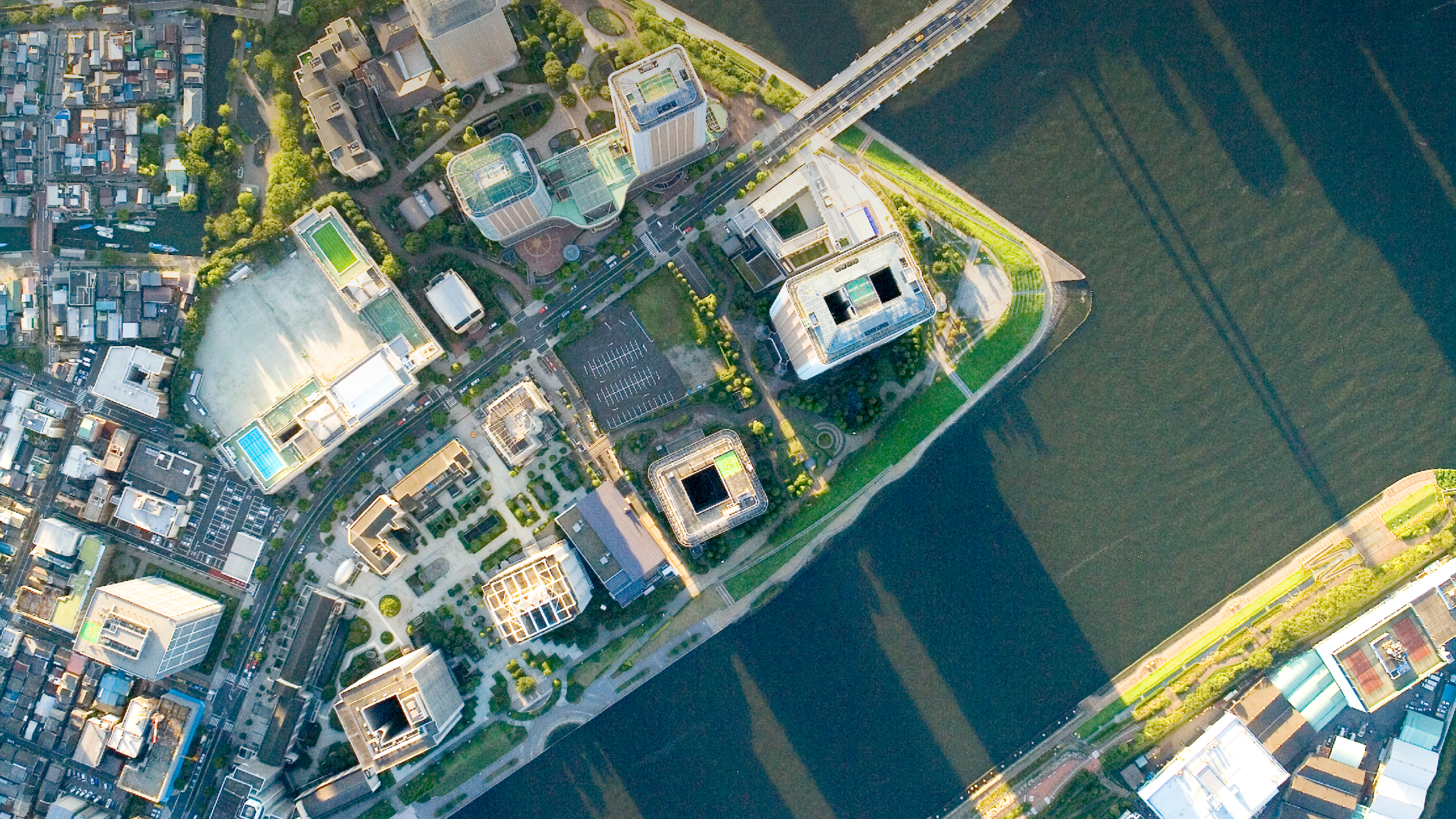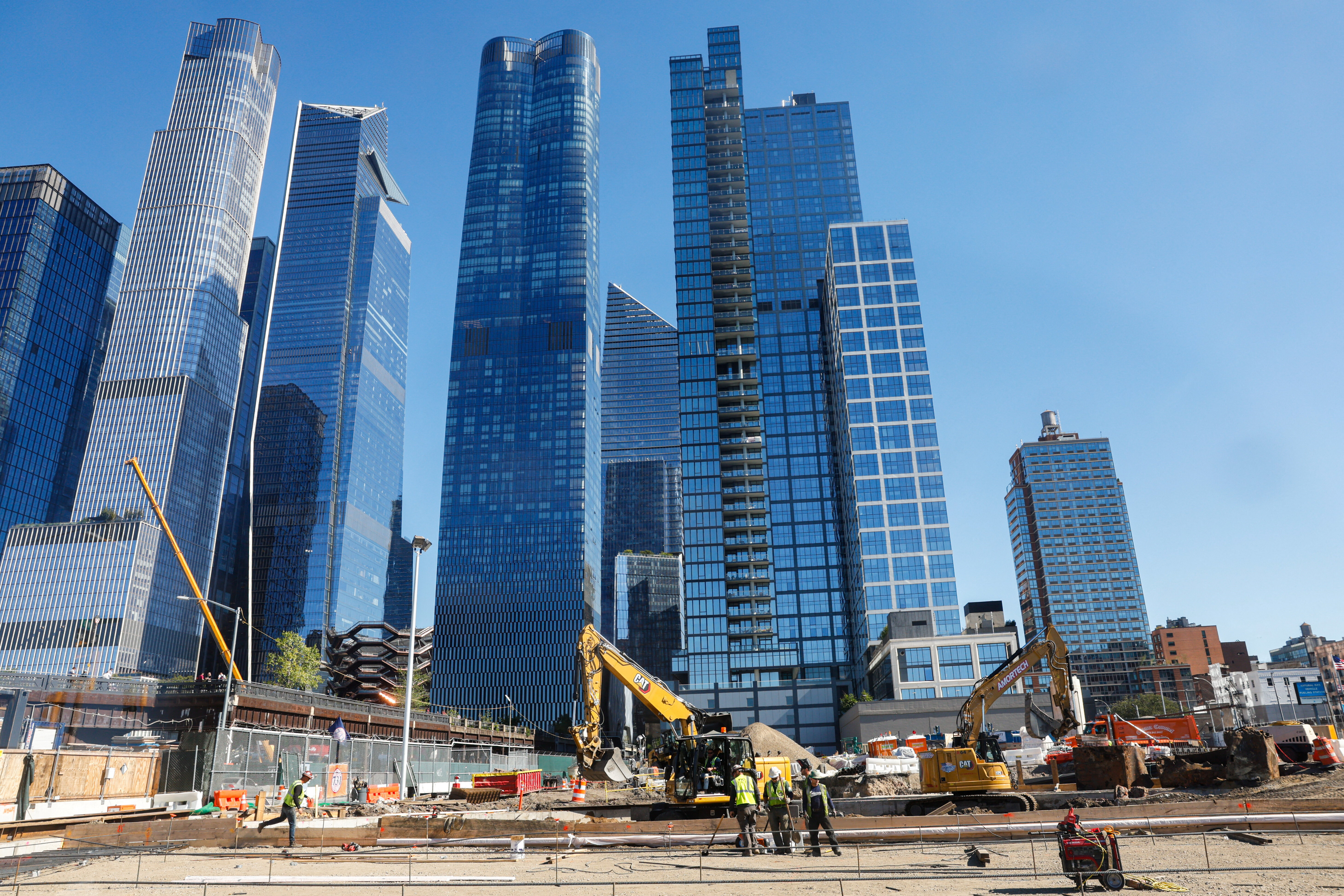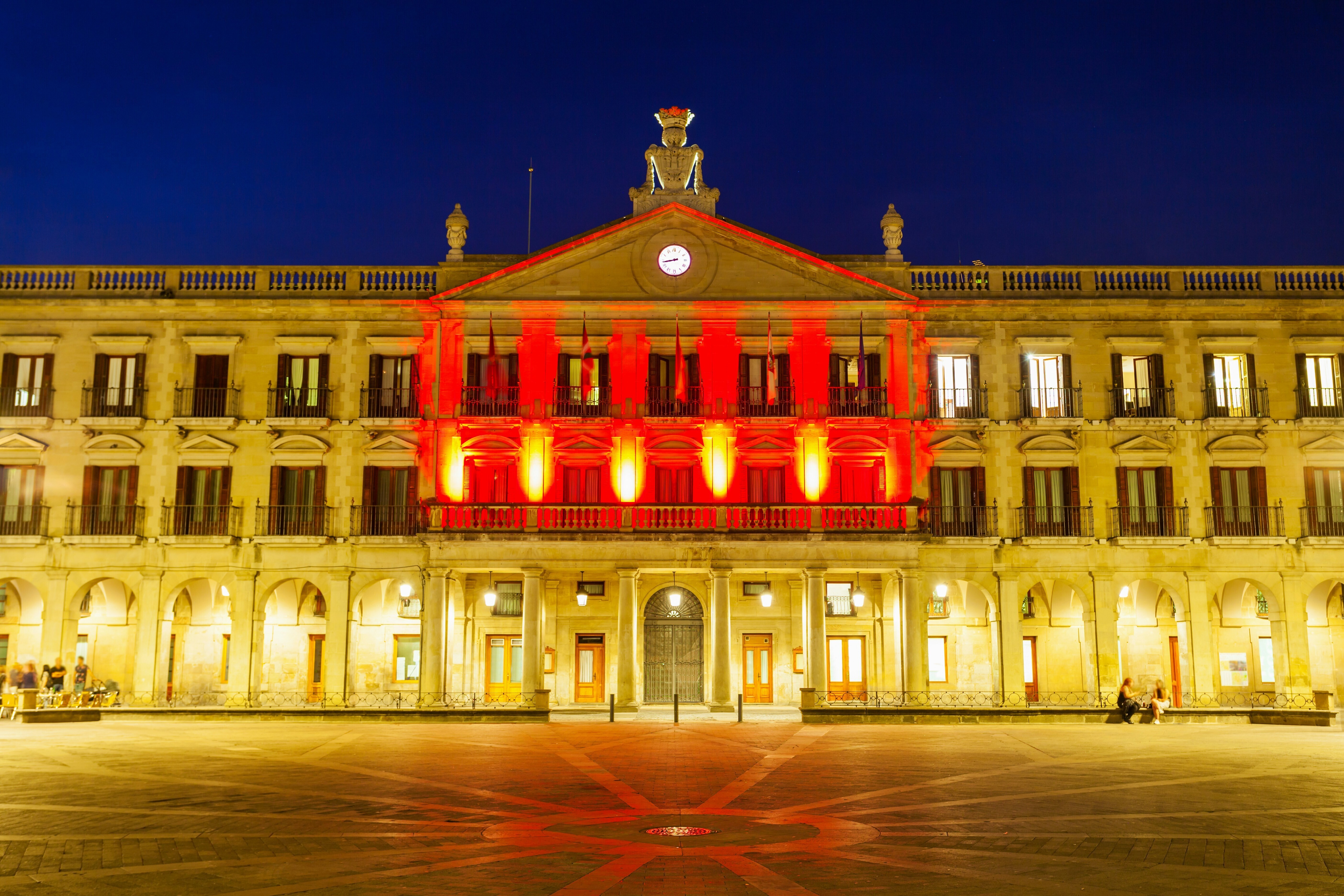How can we build happier cities?

Dubai targets happiness as part of government policy
Building happier cities makes for happier people. Safe, healthy, sustainable infrastructure that also is economically viable for all residents is essential in our world where more than half of the 7.4 billion people live in urban centers, with 2.4 billion more to be added over the next 35 years.
The rising influence of happiness metrics in policy-making has been noticeable in the last decade. Happier people bestow incalculable social and economic benefits upon a society. Longer, healthier, more productive lives foster greater trust of one another, forge a wealth of social connections, and make richer contributions to the vibrancy of our communities and day-to-day living.
In 2005, Bhutan developed a Gross National Happiness Index to better inform policy and development decisions. In 2011, UN Resolution 65/309 invited member states to follow Bhutan’s lead. Many nations and cities are creating happiness indices, and now a small handful of others, most publicly the United Arab Emirates (UAE), have begun to actually discipline policy and development by harnessing these indices to improve happiness. Many see this as an increasing trend as leaders look to happiness objectives to drive the policy framework, built environments and municipal services – all part of a city’s foundations.
The World Happiness Report flags several indicators that correspond to greater happiness and help explain divergent happiness scores among countries that have implications at the local level – longer healthy life expectancy, less perceived corruption, greater per capita generosity as a percent of GDP, social support, higher GDP per capita, and freedom to make life choices.
How to quantify happiness?
UAE is interested in targeting happiness, guided by its prime minister, Sheikh Mohammed bin Rashid Al Maktoum. It has been two years since the appointment of Ohood bint khalfan Al Roumi as Minister of State for Happiness. On the International Day of Happiness last year, the UAE launched the World Happiness Council, a group of global happiness and well-being experts charged with developing a yearly report on best practices and notable government achievements in happiness.
In February, the council launched its first Global Happiness Policy Report at the 2nd Global Dialogue on Happiness as part of the World Government Summit in Dubai. The report included recommendations for smart cities, social well-being, work well-being, education and other sectors to boost national happiness around the world.
The nation makes an appropriate host, having experienced an 11,500% increase in its urban population since 1960. Within the UAE, Dubai has positioned itself at the forefront of city innovation, beginning with its smart-city development, which now serves to support its ultimate objective to be a happy city.
Furthering this, the UAE established a Minister of State for Tolerance in 2016, now served by Sheikh Mohammad bin Zayed Al Nahyan, to build a more inclusive nation reflective of the ethnic and religious diversity of its population and, as stated by objectives: “to eradicate ideological, cultural and religious bigotry in society.”
The nation ranks in the top 20 in the most recent World Happiness Report, and improving happiness as a key target over the next five years is now integral to its national agenda. In many urban developments in Dubai, new real estate and infrastructure are already beginning to reflect these objectives by helping people pursue livelihoods, increase income and care for their families. Workplaces, shopping centers, medical facilities, recreational opportunities and even simply places to walk and meet are woven into residential areas.
To this end, there are now Dubai Happiness Centers for streamlined government services, reflecting traditional Emirati hospitality. Emerging governmental leaders undergo happiness and positivity training. Digital evaluations of government service provision from the public in the form of a smiley face, straight face, or sad face are consolidated and updated in real time on a dashboard for each government minister to review daily.
The role of smart services
While not every nation may have the resources to go to this level, the explosion of urban growth projected worldwide presents a game-changing opportunity for governments, private enterprise and civil society to follow the UAE’s focused initiative to create happier cities, which in turn offers promise to spur economic growth, social development, environmental conservation, innovation and, ultimately, more happiness in a self-reinforcing cycle.
High-quality, reliable municipal and community services can also measurably enhance happiness. Singapore is investing aggressively to provide smart services and e-governance within its strategy to improve lives. Beyond its ongoing efforts to nurture an inter-generational community in a way that is coherent socio-economically, Singapore launched the National Electronic Health Record in a public-private partnership that continues to offer more public services in 2011. With this platform, different healthcare providers can access the same medical records for their patients. More recently, its Municipal Services Office launched an app that enables citizens to instantly report maintenance problems around the city.
Some American cities are thinking along the same lines. Boston, acknowledging the impact of high-quality infrastructure on resident happiness, has developed smart platforms to monitor infrastructure quality and associated services, from pothole repair to EMS response time to library usage. These real-time measures are reported in Boston’s CityScore dashboard along with metrics that measure resident happiness, enabling policy-makers to correlate happiness levels to infrastructure and services. In 2013, the city of Santa Monica implemented The Wellbeing Project to better measure quality of life for residents in the following areas: outlook, community, place, learning, health and opportunity.
Dubai, Boston, Singapore and other cities are beginning to lead the way in implementing responsive policies that improve the happiness of their citizens. This raises the possibility that happiness could become a national priority around the globe, with cities driving the demand.
Don't miss any update on this topic
Create a free account and access your personalized content collection with our latest publications and analyses.
License and Republishing
World Economic Forum articles may be republished in accordance with the Creative Commons Attribution-NonCommercial-NoDerivatives 4.0 International Public License, and in accordance with our Terms of Use.
The views expressed in this article are those of the author alone and not the World Economic Forum.
Stay up to date:
The Digital Economy
Forum Stories newsletter
Bringing you weekly curated insights and analysis on the global issues that matter.







